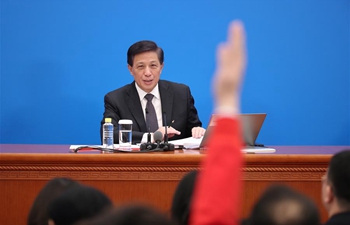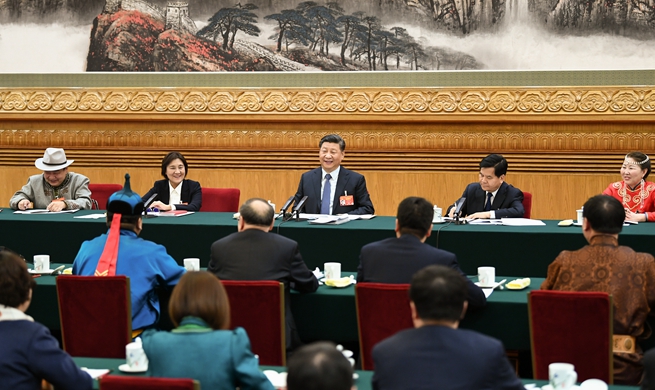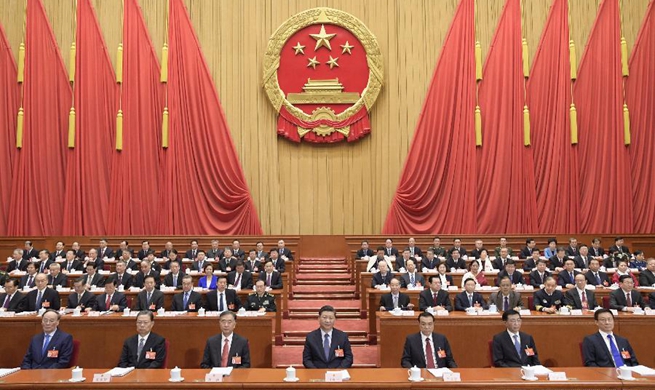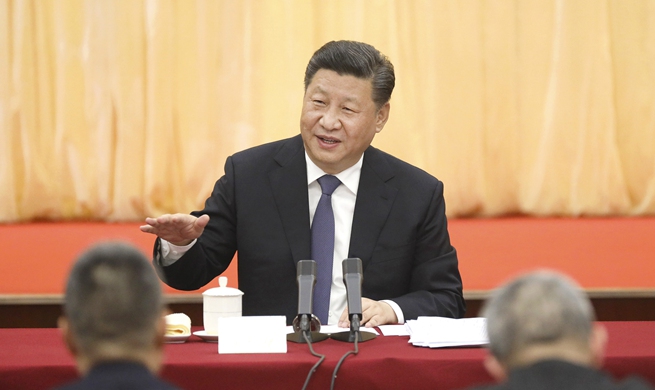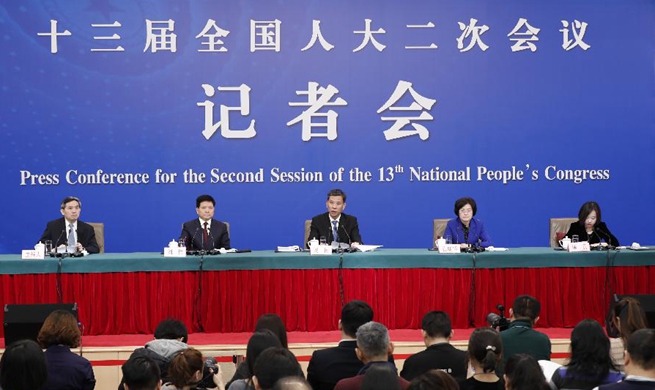KUWAIT CITY, March 6 (Xinhua) -- The China-proposed Belt and Road Initiative (BRI) can help accelerate economic growth in Kuwait and reduce its reliance on oil exports, a Kuwaiti economist has said.
"The initiative will help create more jobs, increase net exports, attract more foreign investments, increase overall gross domestic product," Abdullah Al-Salloum told Xinhua in a recent interview.
The Belt and Road is highly compatible with Kuwait Vision 2035, he said. "Such a strategy has many advantages."
Kuwait Vision 2035 is a national development plan designed to introduce a change in Kuwait's oil-reliant economic structure and transform the oil-rich Gulf state into a trade and financial hub by 2035. The strategic plan involves over 160 projects and invites foreign investment.
"China has the expertise, manpower and industrial and logistic supreme production ingredients, which crave entering a market or creating a new one," Salloum said. "Kuwait, on the other hand, has a superior location that can be utilized by China to create mutual interests for both countries."
"This cooperation would definitely increase China's returns on investment," he said. "For Kuwait, it would increase net exports, foreign investments and the employment rate."
All these, the Kuwaiti expert added, "would finally be reflected in both countries' gross domestic product."
Kuwait's economy mainly depends on oil exports, which follows a scheme of market sharing and policies, said Salloum, adding that at the same time his country and China share views on the global economy and trade, and support policies based on mutual interests.
Such values are embodied in the bilateral economic and trade cooperation, he noted.
Salloum said he believes cooperation with China will have a positive impact on the social development in Kuwait, as this can lead the country to be more internationally exposed and prompt legislations to facilitate trade and investment.








